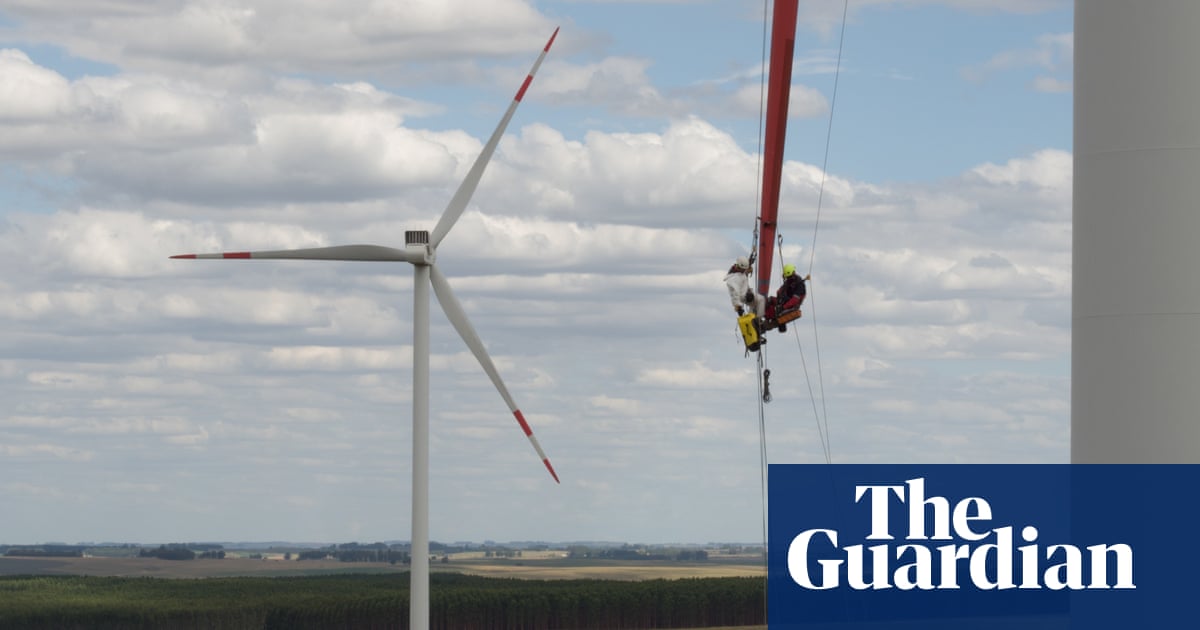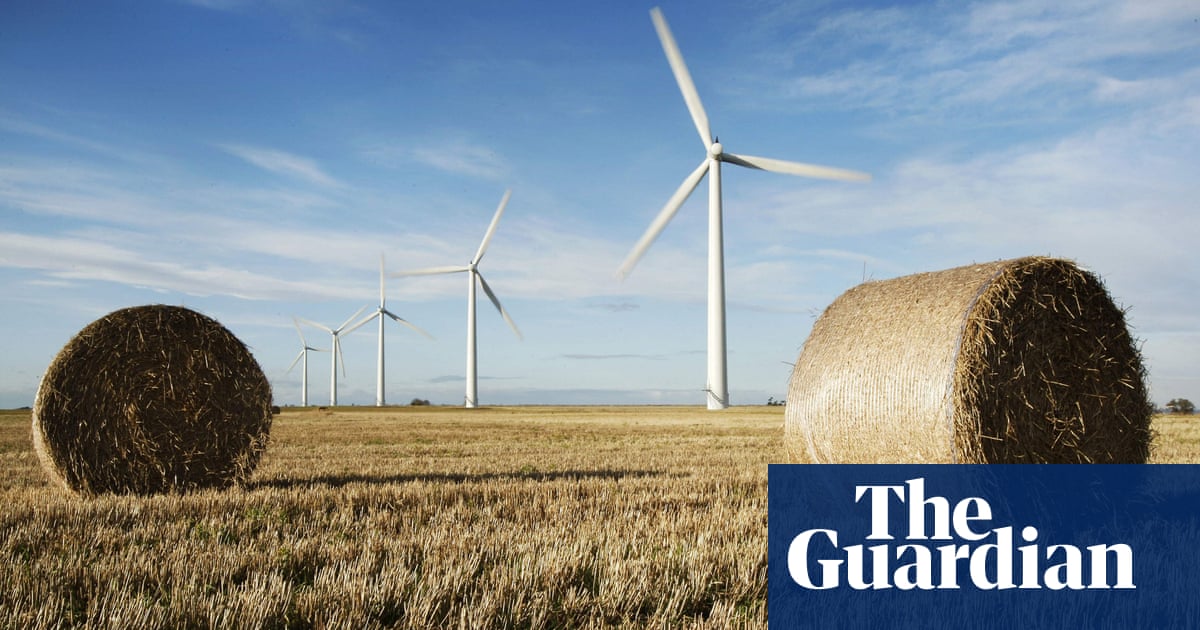This is a win-win for Earth and governments around the world.

mymodernmet.com
A new study by Stanford University says that it might not be as difficult as we think to move toward renewable energy sources. After examining 145 countries, the researchers have stated that switching to clean energy and electrifying all energy sectors won't lead to blackouts or an increase in prices. In fact, according to the study, prices would immediately drop, and all of the up front costs for switching to 100% renewable energy would be paid back in just six years.
The study was headed by Professor Mark Z. Jacobson, professor of civil and environmental engineering at Stanford University and director of its Atmosphere/Energy Program.
According to him, “We do not need miracle technologies to solve these problems. By electrifying all energy sectors; producing electricity from clean, renewable sources; creating heat, cold, and hydrogen from such electricity; storing electricity, heat, cold and the hydrogen; expanding transmission; and shifting the time of some electricity use, we can create safe, cheap, and reliable energy everywhere.”

 vegfaqs.com
vegfaqs.com





